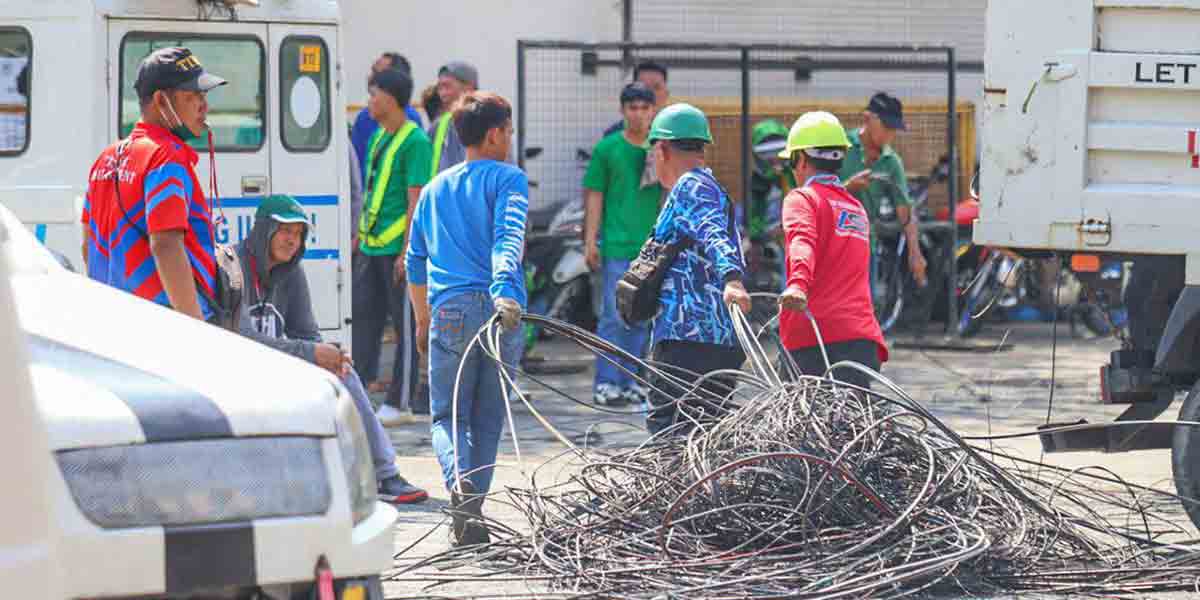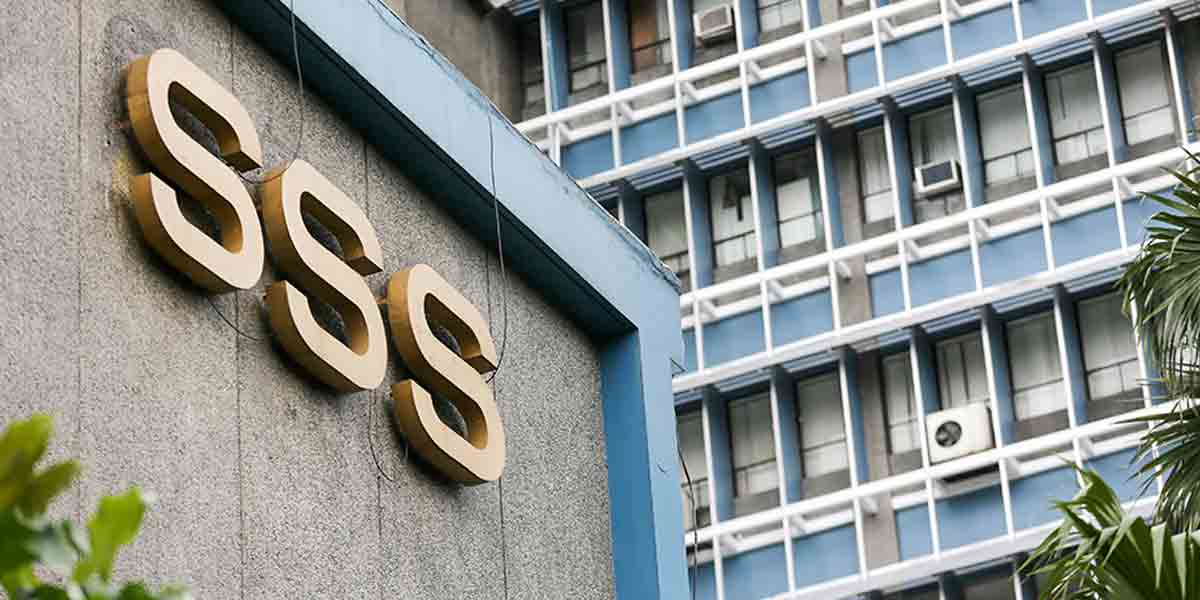The Power for People Coalition (P4P) on Monday slammed the National Grid Corporation of the Philippines (NGCP) for its failure to prepare for the impending entry of 11,600 megawatts (MW) of renewable energy (RE) into the grid under the Green Energy Auction Program (GEAP) of the Department of Energy (DoE).
NGCP Spokesperson Cynthia P. Alabanza, in a briefing on Friday, said that the intermittency of RE may pose issues with grid integration.
“The NGCP has one job – to keep electricity flowing. So far, as can be seen in the current power crisis and the red alerts, it is failing at that. It is mandated by law to prepare the grid for the entry of RE. The government has talked about RE for so long, passed laws long ago, and now that RE will finally come to ease the power crisis and the financial crisis imposed on consumers, the NGCP will serve as a hurdle because it found it inconvenient for itself. Congress should investigate what’s happening with NGCP and whether they should keep their franchise,” said Gerry Arances, P4P Convenor.
The NGCP is a privately-owned company given the franchise to operate the country’s transmission facilities through Republic Act No. 9511. One of its major investors is the State Grid Corporation of China.
“The government’s abdication of its responsibility to provide reliable and affordable energy to the people is now shown to be a mistake. The transmission facilities of the grid are critical, not just for economic, but also security reasons. The government should consider once more taking direct responsibility for this service, or at least ensure that the franchise holder will be directly accountable for the people,” said Arances.
P4P has long advocated the use of renewable energy to address the perennial power crisis of the country, which always goes through red and yellow alerts during the summer season due to fossil-fuel powered plants failing when they are needed.
“The so-called intermittency of RE is a propaganda line of the fossil fuel lobby, as the use of RE will reduce their profits made off the back of consumers. There are many forms of RE, some of which like hydroelectric and geothermal, can serve as baseload. Improving battery technologies can help smooth out the delivery of solar and wind power. The only question is political will to overcome corporate interests. RE is more affordable, more reliable, and more environment-friendly. It is a win-win proposition that we hope the government will implement in the soonest possible time,” said Arances.



















